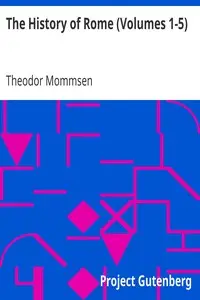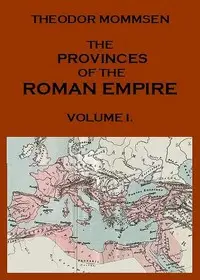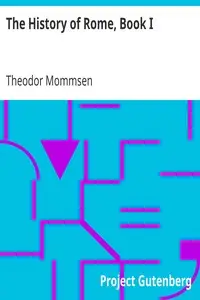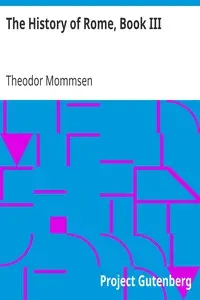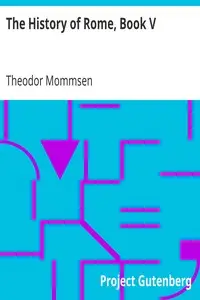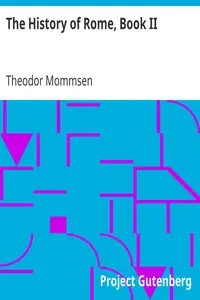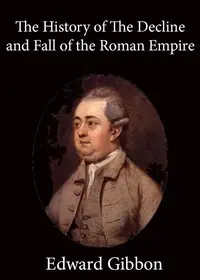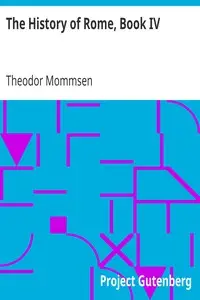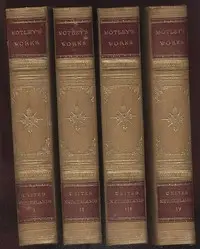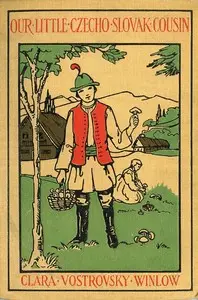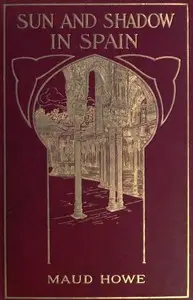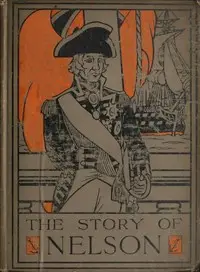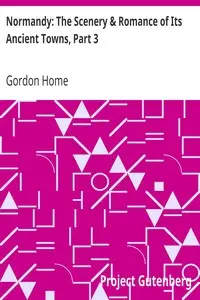"The Provinces of the Roman Empire, from Caesar to Diocletian. v. 2" by Theodor Mommsen is a late 19th-century history book that carefully looks at the Roman Empire's provinces and the people living there. It mainly discusses Rome's relationships with its enemies to the east, like the Parthian Empire. Mommsen's goal is to deeply examine the political, cultural, and military happenings that shaped these relationships during the time of the Roman emperors. Starting with setting the scene for a detailed look at the borders and interactions between the Roman and Iranian empires, especially talking about the Parthians, Mommsen explains the historical importance of the Euphrates border and what it meant for Rome's expansions and battles. Describing the Parthian empire's character and makeup, he compares its customs and government to those of Rome, bringing up key people and events that affected how provinces were run and how military clashes happened. It creates a story that gets into the hard parts and challenges of keeping up a big empire in a time of cultural and political chaos.
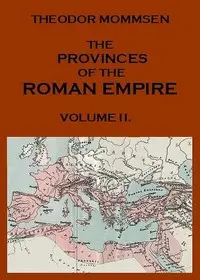
The Provinces of the Roman Empire, from Caesar to Diocletian. v. 2
By Theodor Mommsen
Witness the epic clash of empires as Rome faces off against the Parthians, struggling to maintain its dominion amidst political strife and military confrontations.
Summary
About the AuthorChristian Matthias Theodor Mommsen was a German classical scholar, historian, jurist, journalist, politician and archaeologist. He is widely regarded as one of the greatest classicists of the 19th century. He received the 1902 Nobel Prize in Literature for his historical writings, including The History of Rome, after having been nominated by 18 members of the Prussian Academy of Sciences. He was also a prominent German politician, as a member of the Prussian and German parliaments. His works on Roman law and on the law of obligations had a significant impact on the German civil code.
Christian Matthias Theodor Mommsen was a German classical scholar, historian, jurist, journalist, politician and archaeologist. He is widely regarded as one of the greatest classicists of the 19th century. He received the 1902 Nobel Prize in Literature for his historical writings, including The History of Rome, after having been nominated by 18 members of the Prussian Academy of Sciences. He was also a prominent German politician, as a member of the Prussian and German parliaments. His works on Roman law and on the law of obligations had a significant impact on the German civil code.

